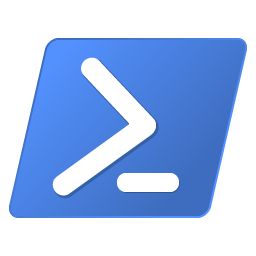


Minding Path Inputs in a Cmdlet

Adding help for cmdlets in a MshSnapIn

Single Shell vs Custom Shell

Ensuring Script Portability with #requires

Mshsnapin (part 2): developing a mshsnapin.

Mshsnapin (part 1): usage of mshsnapin commands.

Using Monad for logon scripts

Managing non-terminating errors


 Light
Light Dark
Dark